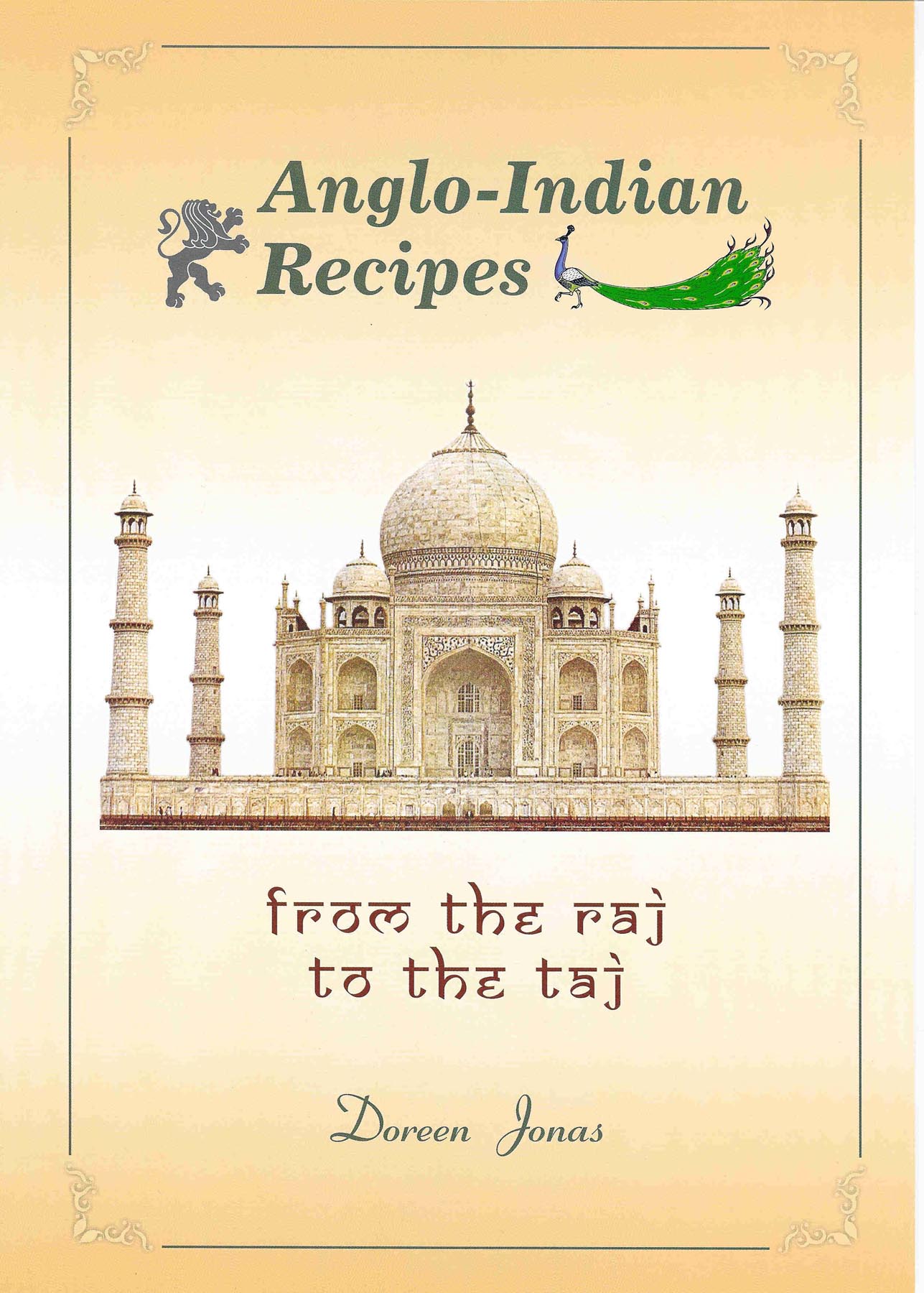RECIPES
FOR "PUKKA" ANGLO-INDIAN PALATES |
INTRODUCTION Dear Reader, When I returned
to Bangalore on holiday in 2001,
my brother Maxwell asked if I would
like to have the notebook in which
our Dad had jotted his favourite
recipes. I remembered well the little
book with its mottled pink cover
wherein I too had scribbled as a
child. Now, as I held it reverently,
almost like a Bible, memories flooded
back of my early life. I resolved
then that one day I would compile
and publish a book of recipes, including
some of my Dad's favourites. With
this book you now read, I have redeemed
my pledge. I am grateful to the kind people who shared their treasured recipes and the many friends who gave me their support. Heartfelt thanks to the members of our extended family in India and Australia for their active help and encouragement. Particular thanks are due to Harry Mac Lure who designed the cover of this book. I am pleased to record my very special thanks to dear Maria in Lisbon. It was entirely due to her unstinting practical assistance and expertise that these pages were prepared for printing. Finally, loving thanks to Brian, my patient and tolerant husband who put up with my moods and supplied my meals as I toiled at the PC. God bless you all. Now, at last,
my task is done and I feel a sense
of relief. If you are new to Anglo-Indian
cuisine I hope this book will prove
a true and trusty guide and in time
becomes a faithful friend. On the
other hand, if you are a culinary
expert, you will know how to modify
a recipe to suit your personal taste.
I hope some of your favourites are
here with perhaps a subtle variation
and maybe even a few happy surprises.
Whoever you are, I would be pleased
to have your comments...so
please do e-mail me by clicking here! —Doreen Jonas, Brisbane, Australia
“From
the Raj to the Taj takes me
back to the wonderful tastes and
aromas I experienced as a child.
The recipes are easy to follow and
the ones I've tried have been awesome.” —Shelley Fischer, USA “From the Raj to the Taj is a brilliant presentation of genuine Anglo-Indian cuisine, with 122 decorated pages and 250 recipes—obviously a labour of love. All my personal favourites are here, from Bone Pepperwater and Fish Molee—via Kati, Biriyani and sips of Lassi—to juicy Rassagoolas. A delicious trip down Memory Lane...a collector's item.” —Jason Savage, U.K. “Some of Doreen's recipes took me right back to boarding school days in Bishop Cottons, such as Brinjal Bake, and I haven't heard the words Junglee Pilau for years. Those Country Captain recipes are a legend! We always used to take Country Captain as picnic fare when driving from Kolar Gold fields to Bangalore—it was also called Country Capon (I expect becasue of the type of fowl that was used.)” —Joyce Westrip, Australia “From the Raj to the Taj is an artistically presented book, with so many tried and true favourites such as Kofta (or “ball”) Curry—often irreverently referred to as a “maiden's delight” curry—Masala Chops and Pork Vindaloo, as well as a selection of side-dishes such as potato cutlets and several versions of Country Captain. My personal favourites among the dessert items are Caramel Custard and Kulfi.” —Margaret Deefholts, Canada Doreen, her husband Brian, and their son, Alistair, daughter Charmaine, and her husband Chris and their baby son Christopher Timothy, live in Brisbane, Australia. Should you wish to find out more about "From The Raj to the Taj" visit Doreen's web-site at http://members.optusnet.com.au/~doreenjonas/cook.htm or contact her at gypsyrose_oz@yahoo.com.au |

